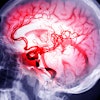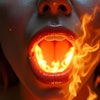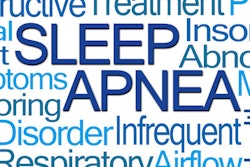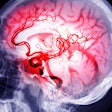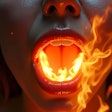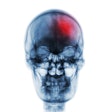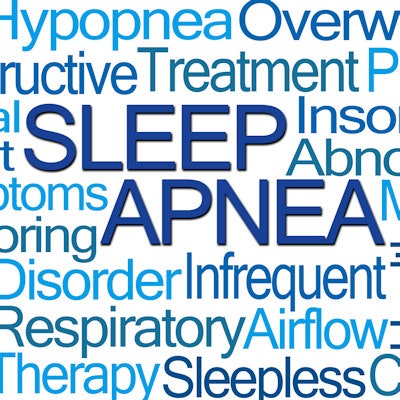
Stroke survivors who also have sleep apnea are more likely to experience another stroke or even die, according to a study presented this week at the American Stroke Association's International Stroke Conference in Los Angeles.
In a study that detailed the importance of screening for sleep apnea, researchers from the University of Michigan found that 24% of stroke survivors with sleep apnea were likely to have another stroke or die within about 600 days. They also reported that having Mexican-American ethnicity was associated with a 1.7-fold increased risk for another stroke or death.
"Sleep apnea may, therefore, represent an important modifiable risk factor for poor stroke outcomes and a target to reduce ethnic stroke disparities," the researchers wrote in their poster presentation.
The study was led by Devin Brown, MD, a professor of neurology and the associate director of the Stroke Program at the University of Michigan Medical School in Ann Arbor.
Sleep apnea impact
The researchers wanted to explore the relationship between sleep apnea and recurrent stroke and mortality. They noted there were no previous data from population-based studies, large samples, or ethnically diverse populations on this topic.
“Sleep apnea may, therefore, represent an important modifiable risk factor for poor stroke outcomes and a target to reduce ethnic stroke disparities.”
Using data from the Brain Attack Surveillance in Corpus Christi project in Texas, the researchers first identified patients who had an ischemic stroke between 2010 and 2015. Then the patients who were enrolled in this study (n = 842) were offered sleep apnea screening with the ApneaLink Plus device (ResMed), from which the researchers created an apnea-hypopnea index that measured how many pauses in breathing occurred each hour during sleep. Neurologists participating in the research identified and confirmed recurrent stroke information.
Study participants had a media age of 65. Just under half (47%) were female. Almost 60% identified as Mexican-American, while 34% identified as non-Hispanic white.
The researchers found that the median apnea-hypopnea index score was 14 pauses per hour and that 63% of those enrolled in the study had sleep apnea. In addition, sleep apnea was associated with certain factors and conditions:
- Being male
- Having Mexican-American ethnicity
- Having insurance
- Being a nonsmoker
- Having diabetes
- Having hypertension
- Having a lower level of education
The researchers reported 90 recurrent strokes and 125 deaths during follow-up (median time to event 584 days). In the study, 24% of participants had another stroke or died (202 events). For each one-unit increase in the apnea-hypopnea index, the risk of stroke recurrence or death increased by 9%, the group found.
Health disparities
As this was a poster presentation, the researchers did not mention any study limitations. However, they noted that addressing sleep apnea in patients may help reduce stroke-related health disparities in Mexican-American patients.
"[Sleep apnea] is associated with the combined end point of recurrent ischemic stroke and mortality in this population-based study," the researchers concluded. "Mexican-Americans are also at higher risk of recurrent stroke and death following ischemic stroke than non-Hispanic whites."
